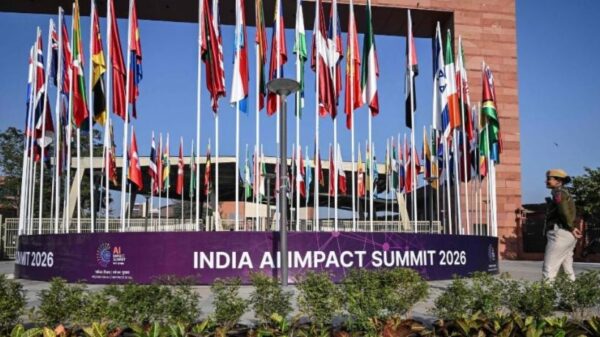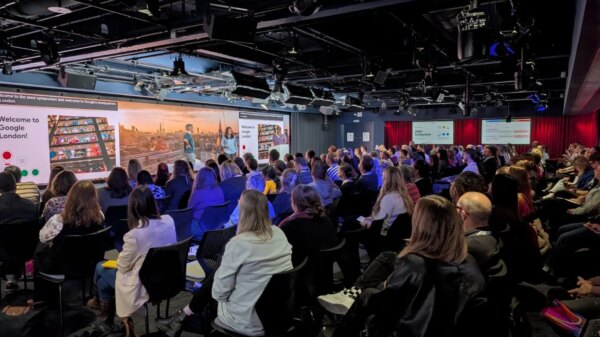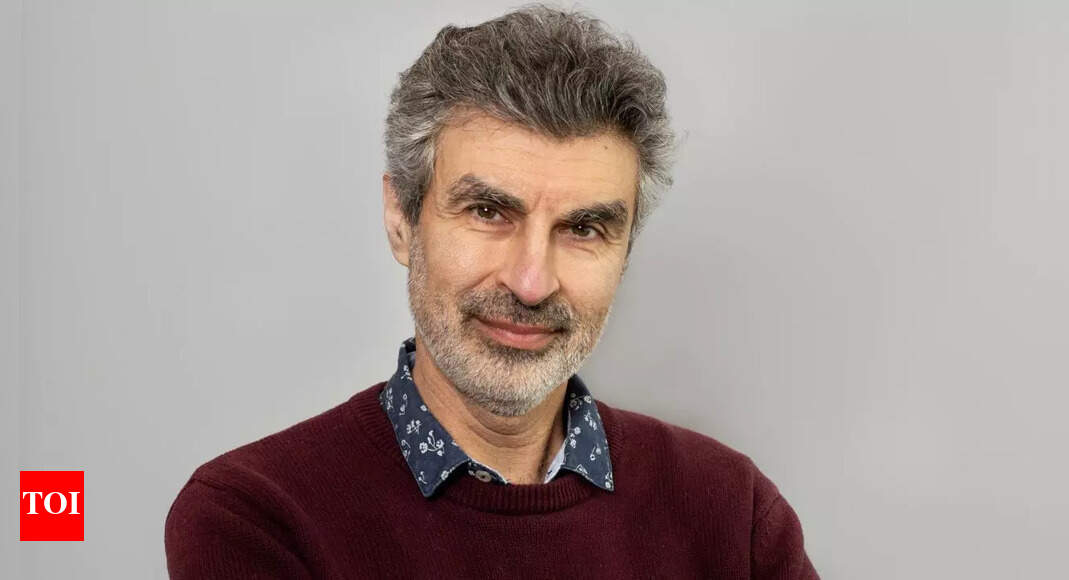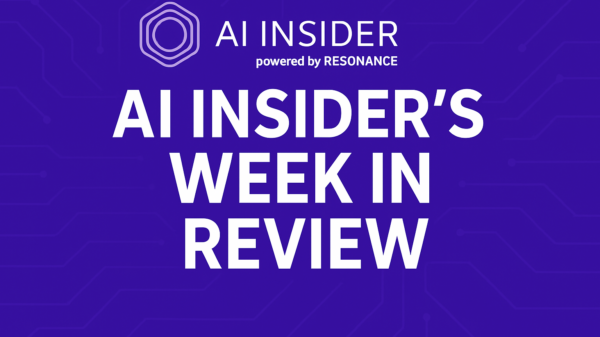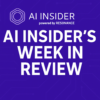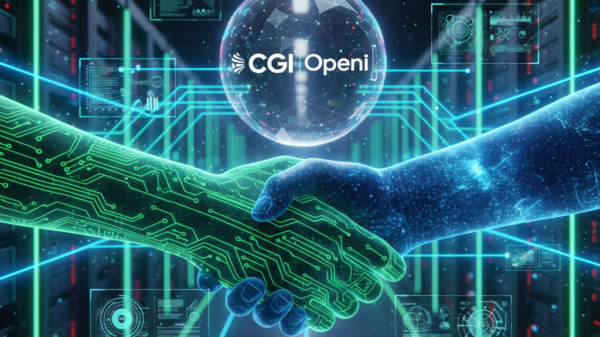In a groundbreaking achievement for the field of artificial intelligence (AI), renowned computer scientist Yoshua Bengio has become the first living researcher to surpass one million citations on Google Scholar. This milestone underscores not only Bengio’s remarkable influence in AI but also reflects the exponential growth of deep learning research over the past decade. As AI continues to reshape various sectors, Bengio’s contributions stand at the forefront of this transformative era.
Yoshua Bengio: An Architect of Modern AI
Bengio, a professor at the Université de Montréal, is celebrated as one of the three “godfathers of AI,” alongside Geoffrey Hinton and Yann LeCun. Together, they revolutionized neural networks, turning what was once a niche area of research into the backbone of modern deep learning technologies that power contemporary applications like chatbots, translation systems, medical imaging, and autonomous vehicles.
Born in Paris in 1964 and raised in Montreal, Bengio earned his PhD from McGill University before conducting postdoctoral research at MIT and AT&T Bell Labs. At the beginning of his academic career in the early 1990s, interest in neural networks was minimal, resulting in scarce funding and slow advancements. Despite these challenges, Bengio remained staunchly convinced that deep, layered models were essential for developing systems capable of human-like understanding.
One of his most significant contributions was through his students, particularly Ian Goodfellow, who created Generative Adversarial Networks (GANs) in 2014. This innovation triggered a revolution in AI-generated imagery, video synthesis, and creative modeling. Bengio co-authored the foundational paper on GANs, now considered one of the most cited works in the history of machine learning. His widely read 2015 review on deep learning further solidified the theoretical and practical frameworks of modern neural networks, establishing it as a key reference for researchers globally.
A Symbol of the AI Surge
Bengio’s achievement of one million citations transcends personal recognition; it highlights the broader rise of machine learning in global research. AI-related work now dominates the most-cited scientific papers of the 21st century, with diverse fields from biology to climate science increasingly relying on the tools based on concepts Bengio helped develop.
Notably, despite the accolades, Bengio has expressed reservations about citation metrics. He believes that focusing on such numbers can skew scientific priorities and that the pursuit of genuine understanding, rather than popularity, should guide research efforts. Though he frequently utilizes Google Scholar as a research tool, he admits to paying little attention to his own citation tally.
Overcoming Skepticism and Building Institutions
The journey to deep learning’s current prominence was fraught with obstacles. Throughout the 1990s and early 2000s, Bengio and fellow researchers faced skepticism and limited funding opportunities, as neural networks were considered unreliable and theoretically unsound. Nevertheless, he persevered, and as computing power surged and theoretical insights evolved, barriers that once hindered neural networks—such as vanishing gradients—were addressed. Bengio’s long-term vision, once deemed fringe, ultimately laid the groundwork for today’s AI landscape.
Beyond his research, Bengio has made significant contributions to the academic infrastructure surrounding AI. He founded Mila, one of the world’s largest AI research institutes, which trains hundreds of researchers and nurtures collaborations among industry, government, and academia. He has also played a critical role in shaping Canada’s national AI strategy and has co-led major scientific programs aimed at advancing machine intelligence.
In recent years, his focus has shifted towards the ethical implications of AI, advocating for robust regulations and transparency in the development of advanced AI systems. Bengio has voiced concerns about the potential risks of unregulated AI and the need for international cooperation to ensure that future AI models align with human values.
The Legacy of Yoshua Bengio
With over a million citations, Bengio’s foundational contributions and his commitment to responsible AI development position him as one of the most influential figures in contemporary technology. His work not only established the intellectual framework that bolsters today’s AI systems but also seeks to guide their evolution in a manner that is beneficial to society as a whole.
 CommScope Launches AI-Driven RUCKUS MDU Suite, Stock Surges 9.8% Amid Valuation Gains
CommScope Launches AI-Driven RUCKUS MDU Suite, Stock Surges 9.8% Amid Valuation Gains Anthropic CEO Dario Amodei Warns of AI Job Crisis Without Urgent Safety Measures
Anthropic CEO Dario Amodei Warns of AI Job Crisis Without Urgent Safety Measures China’s National Games Showcase 130+ AI Innovations, Including Humanoid Robots and Unmanned Patrols
China’s National Games Showcase 130+ AI Innovations, Including Humanoid Robots and Unmanned Patrols AI in Education: 3 Key Roles for Enhancing Student AI Fluency and Responsibility
AI in Education: 3 Key Roles for Enhancing Student AI Fluency and Responsibility


